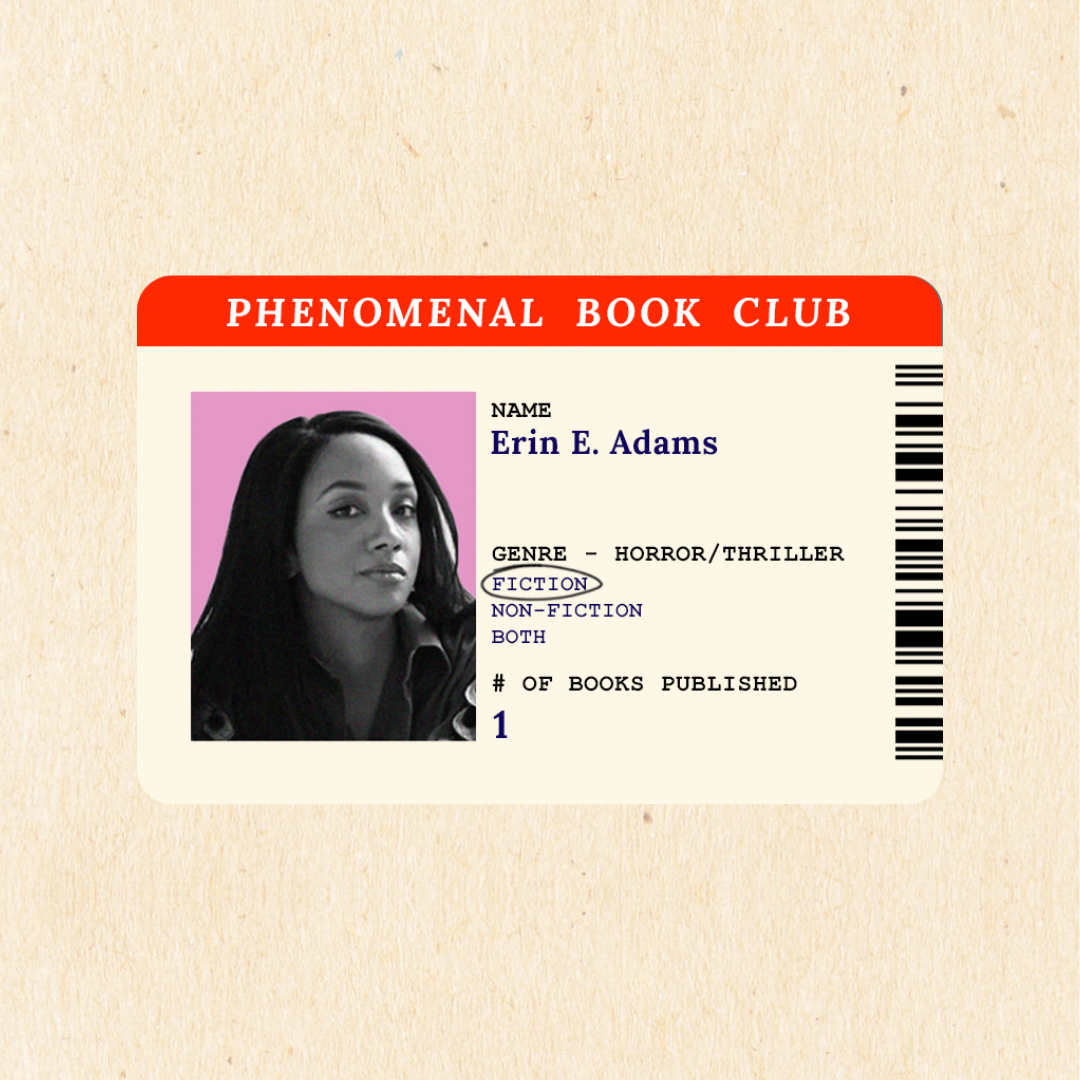A Note from Wanda M. Morris, Author of All Her Little Secrets:
Reading Jackal is like stepping into a wetsuit made of fear. It clings to you like a second skin. I was immediately mesmerized by the lyrical skill of Erin's prose. But equally impressive is her ability to capture the pain and trauma of the family members left behind in a community that is negligent at best, and hellishly dismissive at its worst. I had a hard time putting this book down.
The following questions were written from Wanda to Erin.
How did you come up with the idea for Jackal?
I love seeking out the origins of stories. Especially things like folktales or urban legends. So often, these stories are how communities deal with experiences, history, or truths that are too hard to process. When the conversation is too difficult, a story is a way in. Jackal came from my desire to unpack some of the experiences I had growing up in a small town. As I got older, I realized how much those moments and relationships had an impact on me. This story wasn't just about my upbringing, it was also about the fears, anxiety, and adversity I found in everyday life.
What interests you about the horror genre, and how did you decide to make it the mode with which to talk about the epidemic of missing Black girls in America?
For me, horror has the ability to expose systems of power like no other genre. We either see the system inevitably succeed or see it break. I wanted to use this aspect to talk about the epidemic of missing Black girls in America because so often we are failed by the systems in place that keep others safe. This is something I find horrifying because this is how communities get silenced. Even when you speak out, people refer you back to those same systems that have failed you because they have helped them.
We soon learn upon reading Jackal that the safety of Liz’s family is dependent on their ability to not "rock the boat" and upset the white community in Johnstown. Do you see that experience reflected in your own, or in that of other underrepresented people from small towns?
Absolutely. I think it's something underrepresented people from all over America experience, but it is felt very intensely in small towns. Small towns tend to be less diverse and there is real anxiety about difference and being different. This gets amplified when you are one of only a few in your community.
Liz and her classmate Keisha Woodson are the only Black girls in their school, but they aren’t particularly close. Can you talk about what you were trying to represent with their differing personalities and perspectives as it relates to their Blackness?
From the beginning, I knew I wanted Liz and Keisha to have a more distant relationship. So often, Black people are lumped into a monolith. There is this idea that all Black people think the same way, act the same and have the exact same experience. I find those assumptions to be incredibly diminishing. There are so many facets to the Black experience. With this relationship, I wanted to show how there can be differences, disagreements, and distance in the same reality.
Beyond racial disparities, your book also touches on themes of class and privilege. Can you speak to those issues and how they impact the dismissal as well as the appropriation of Black girls?
Class and privilege are so charged in America. They determine nearly every aspect of our lives. Not only resources, but who is believed and under what circumstances. Thinking of how I was taught to move through the world as both a child and a teenager, everything linked back to me being believed if I got into trouble and often clinging to class signifiers to do so: how I spoke, how I dressed, who my family was in the community. The unspoken part of that coaching was, my Blackness could not afford me certain assurances and while maybe my class and privilege could, there was no guarantee. When it comes to the appropriation of Blackness, specifically Black girls, it seems like everyone else can pick up signifiers of Blackness and drop them without major negative consequences. To pick and choose a part of your identity, to not have aspects of it put on you, is a privilege. So often when Black girls don't fit the box made for us, the backlash is swift and brutal. To cultivate spaces where we can grow and define ourselves for ourselves is incredibly important.
What do you hope readers take away from Jackal?
I always hope that readers take away what they need. Sometimes that is a mirror to hold up to society. Other times that is seeing a part of yourself portrayed on the pages. I offer Jackal as a place, outside of yourself, to pick apart your fears, see them for what they are, and, ultimately, defeat them.
A Final Note from Wanda:
A novel that deals with missing Black girls, daughters and sisters, is horror personified. Jackal is a stunning mystery with a strong social commentary on what it means when Black girls go missing. I invite anyone who has a wife, daughter, sister or other female in their life to wade into the world Erin has created. A world of fear, terror, love, and hope that is titled, Jackal. Be sure to pick up your copy at your favorite independent bookstore.

